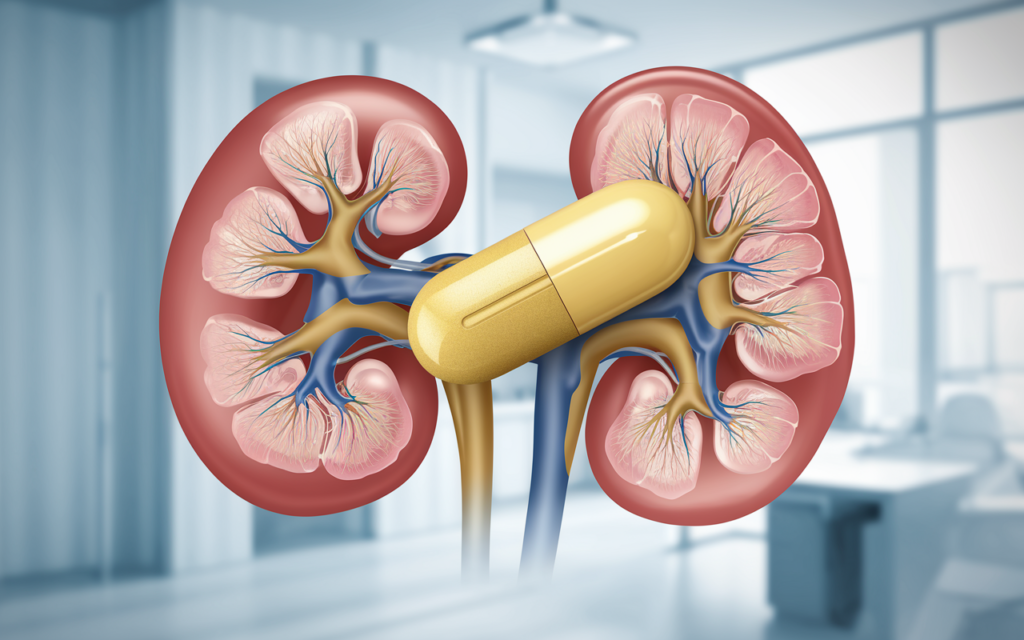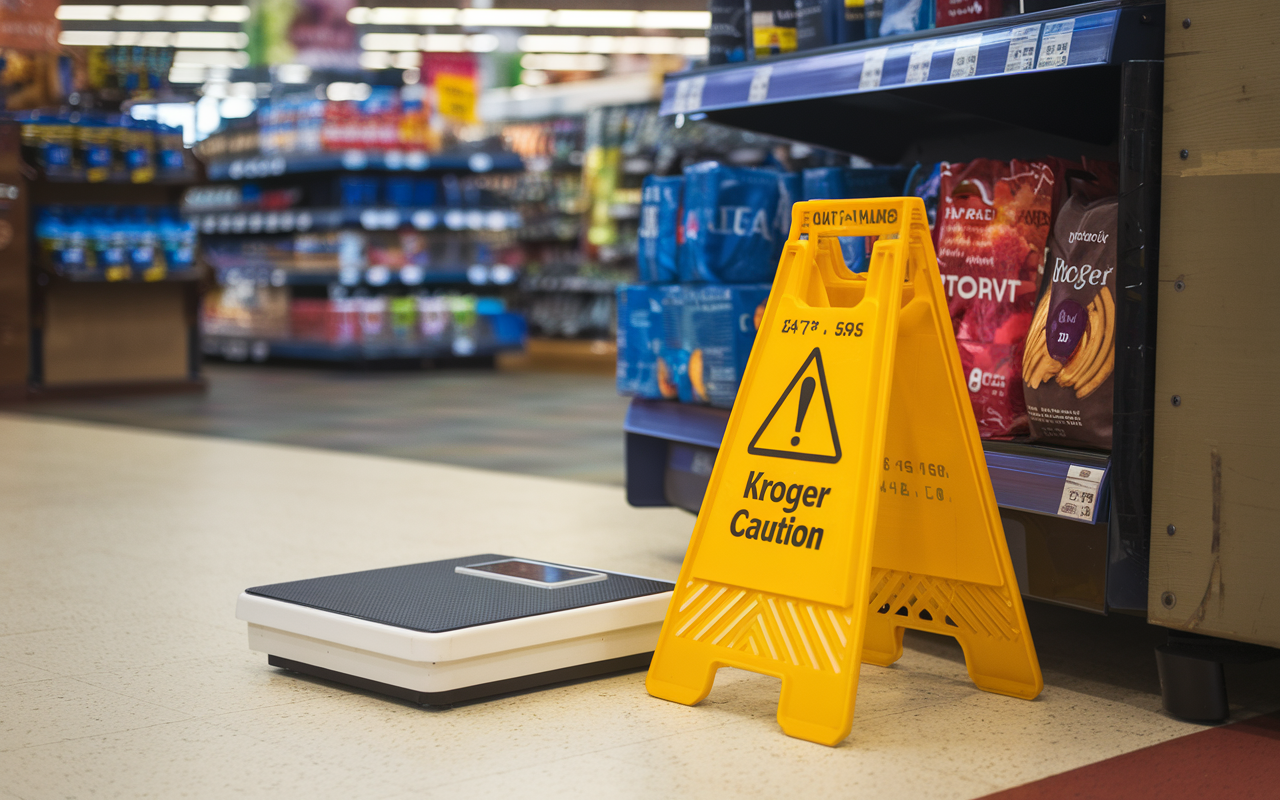Introduction
When dealing with chronic illnesses such as kidney disease, managing medications becomes a critical part of maintaining overall health. Klonopin, also known as clonazepam, is a medication commonly prescribed for anxiety, panic disorders, and seizures. However, for individuals with stage 3A kidney disease, a key question often arises: Is Klonopin safe to use?
Understanding Stage 3A Kidney Disease
Stage 3A kidney disease represents a moderate decline in kidney function, where the glomerular filtration rate (GFR) falls between 45 and 59 mL/min/1.73 m². At this stage, the kidneys are not functioning at their optimal capacity, but severe complications are not yet prevalent. Individuals in stage 3A often do not experience symptoms, though early signs of kidney stress, such as fatigue, swelling, or changes in urination, might appear.
What is Klonopin?
Klonopin (clonazepam) belongs to the benzodiazepine class of medications. It works by calming the brain and nerves through its effect on gamma-aminobutyric acid (GABA), a neurotransmitter that reduces neuronal excitability. Doctors prescribe Klonopin to treat anxiety disorders, panic attacks, and certain types of seizures.
Though effective, Klonopin has a reputation for being habit-forming if used improperly or for long durations. Its metabolism primarily occurs in the liver, and the drug is excreted through urine. For individuals with compromised kidney function, understanding how medications are processed and eliminated becomes vital.

The Connection Between Klonopin and Kidney Disease
In stage 3A kidney disease, the kidney’s reduced ability to filter toxins and waste products can complicate medication management. While Klonopin itself does not directly damage the kidneys, its use in individuals with impaired kidney function can pose risks if not closely monitored.
- Medication Metabolism: Klonopin is metabolized in the liver and excreted via the kidneys. Reduced kidney function may slow the elimination of the drug, leading to prolonged effects and potential toxicity.
- Drug Interactions: Many people with kidney disease take multiple medications to manage their condition. Klonopin may interact with other drugs, potentially altering their effectiveness or increasing side effects.
- Sedation and Drowsiness: One of Klonopin’s primary side effects is sedation. Individuals with kidney disease may already experience fatigue, and additional drowsiness could reduce their quality of life.
Potential Risks of Klonopin in Stage 3A Kidney Disease
Accumulation and Toxicity
Since stage 3A kidney disease reduces the body’s ability to filter waste, prolonged use of Klonopin could lead to accumulation in the bloodstream. Toxicity manifests in symptoms such as excessive sedation, confusion, and impaired motor skills. These effects can significantly impact an individual’s safety and daily functioning.
Drug Dependence
Even in healthy individuals, Klonopin carries the risk of dependency when used over long periods. For people with kidney disease, dependency can compound health concerns, as withdrawal or tapering off the medication requires careful management to prevent additional stress on the body.
Impact on Mental Health
Stage 3A kidney disease can be a challenging diagnosis, often accompanied by anxiety or depression. While Klonopin helps alleviate these symptoms, its long-term use could potentially exacerbate mental health issues, such as cognitive impairment or mood swings, particularly if misuse occurs.

Precautions When Using Klonopin with Stage 3A Kidney Disease
For individuals with stage 3A kidney disease, the use of Klonopin should always involve a personalized approach. Here are key considerations:
- Close Monitoring by a Healthcare Provider: Regular follow-ups with a nephrologist or primary care physician are essential to assess kidney function and ensure Klonopin’s dosage remains appropriate.
- Adjusting Dosages: Individuals with reduced kidney function may require a lower dosage of Klonopin to prevent drug accumulation and minimize side effects.
- Exploring Alternative Therapies: Non-pharmacological approaches to managing anxiety or seizures—such as cognitive-behavioral therapy (CBT), mindfulness practices, or lifestyle modifications—can serve as adjuncts or alternatives to Klonopin.
- Avoiding Alcohol and Sedatives: Combining Klonopin with alcohol or other sedatives can amplify its side effects, particularly drowsiness, and respiratory depression, posing greater risks for those with kidney disease.
Benefits of Klonopin in Stage 3A Kidney Disease Management
Despite the risks, Klonopin offers substantial benefits for individuals managing anxiety, panic attacks, or seizures alongside kidney disease. These conditions can lead to increased stress, which may exacerbate kidney function decline. Klonopin’s calming effects can improve quality of life when used judiciously under medical supervision.
When Should Klonopin Be Avoided?
While Klonopin can be beneficial for some, it may not be suitable for others with stage 3A kidney disease. Factors that might contraindicate its use include:
- A history of substance abuse.
- Pre-existing liver disease may compound metabolism issues.
- Severe side effects from past use of benzodiazepines.
- Concurrent use of medications that significantly interact with Klonopin.
Steps to Safely Discontinue Klonopin
If a healthcare provider deems it unsafe to continue Klonopin, discontinuation should occur gradually to prevent withdrawal symptoms. Abrupt cessation can lead to seizures, heightened anxiety, or other complications. Tapering schedules and alternative therapies can mitigate these risks.

Open Communication with Healthcare Providers
For individuals with stage 3A kidney disease, maintaining open communication with healthcare providers is critical when using Klonopin. Sharing detailed medical histories, current medications, and lifestyle habits ensures that providers can make well-informed decisions regarding treatment plans.
Research and Ongoing Studies
As research into kidney disease and medication safety evolves, ongoing studies aim to understand better how benzodiazepines like Klonopin interact with impaired kidney function. Individuals with stage 3A kidney disease can benefit from staying informed about new findings and treatment approaches.
Conclusion
So, is Klonopin safe for stage 3A kidney disease? The answer depends on individual circumstances. While the drug can be used safely in many cases, it requires careful monitoring, appropriate dosing, and consideration of potential risks. Collaboration with healthcare providers and a proactive approach to managing kidney health is essential to achieving the best outcomes.
Individuals with stage 3A kidney disease considering Klonopin should weigh the benefits and risks carefully and seek guidance from their medical team. With the right strategies, Klonopin can be a valuable tool for managing anxiety or seizures without compromising kidney health.



